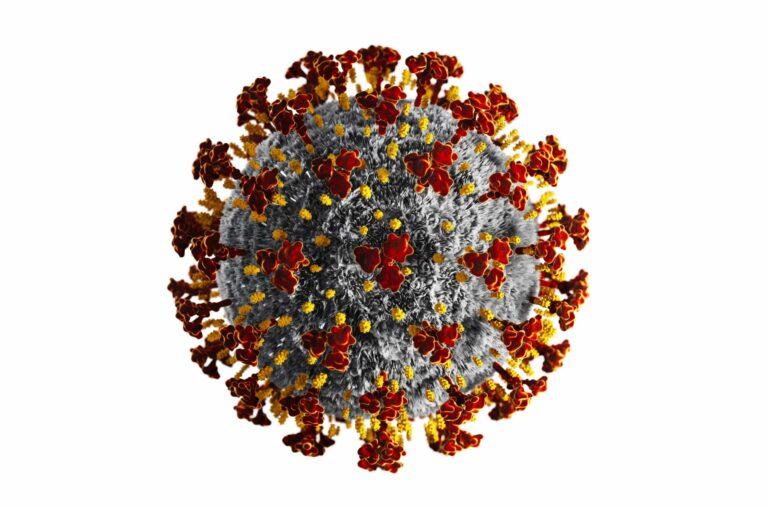Legislation to reduce racial and ethnic disparities in health insurance coverage and improve access to care have led to some progress but continue to fall short of objectives.
The Affordable Care Act helped, especially in states that expanded eligibility for their Medicaid programs. However, after 2016, coverage gains stalled and slightly eroded. Combined with job and income losses stemming from COVID-19, this interruption in progress has left many people vulnerable to the health and economic risk of lacking comprehensive and affordable insurance during a public health crisis, particularly lower-income residents of the 14 states that have not expanded Medicaid.
The more recent American Rescue Plan Act provides non-expansion states with even greater incentives to expand their Medicaid programs to include all low-income adults. States that pursue expansion will receive a temporary increase in the federal matching rate for their existing Medicaid population and still will pay only 10% of the cost for the new enrollees.
In addition, the plan temporarily enhances premium subsidies for plans purchased through the marketplaces, including free premium plans for individuals with incomes up to $19,140 and families of four earning up to $39,300. President Biden’s American Families Plan proposes to make these subsidies permanent.
The Commonwealth Fund documented remaining inequities by updating its 2020 report on coverage and access inequities using data from 2013 through 2019. Among the key findings:
- Adult uninsured rates and racial and ethnic coverage inequities declined in almost every state, leading to both increased and more equitable health care access. But progress stalled nationally after 2016, and all groups have reported recent drops in coverage or access.
- The coverage gap between Black and white adults dropped by 4.6 percentage points to 5.3 points, with the gains largely concentrated between 2013 and 2016. The difference between the Latinx/Hispanic and white uninsured rates fell by 9 percentage points to 16.7 points between, reaching a low of 16.3 points in 2018. But the uninsured rates among Black and Latinx/Hispanic adults remain significantly higher than those of white adults.
- Adults in Medicaid expansion states reported better coverage and access rates, narrower disparities among groups and greater improvements across nearly every measure.
- After Louisiana and Virginia expanded Medicaid in 2016 and 2019, respectively, their uninsured rates for lower-income Black adults dropped significantly in comparison to Georgia and North Carolina, which have not yet expanded.
- Medicaid expansion is associated with increased coverage equity, but adults with income below 138% of the federal poverty level in the remaining non-expansion states are disproportionately Black and Latinx/Hispanic.
“New policies to expand health insurance coverage and to help those who are eligible to enroll will be necessary to cover more U.S. adults and further narrow racial and ethnic disparities,” the report concluded.
Source: Benefits Pro
HNC Let’s Talk




